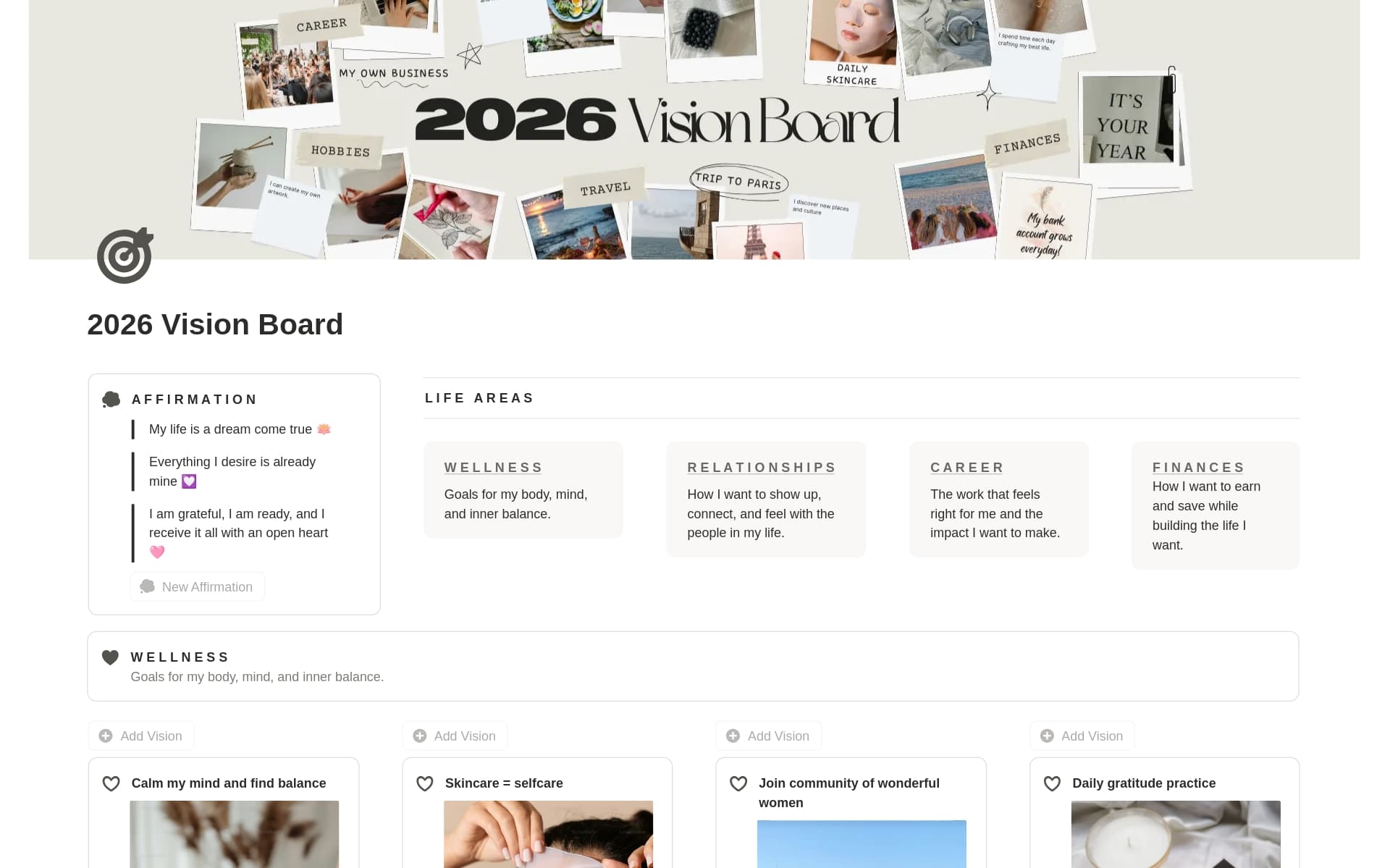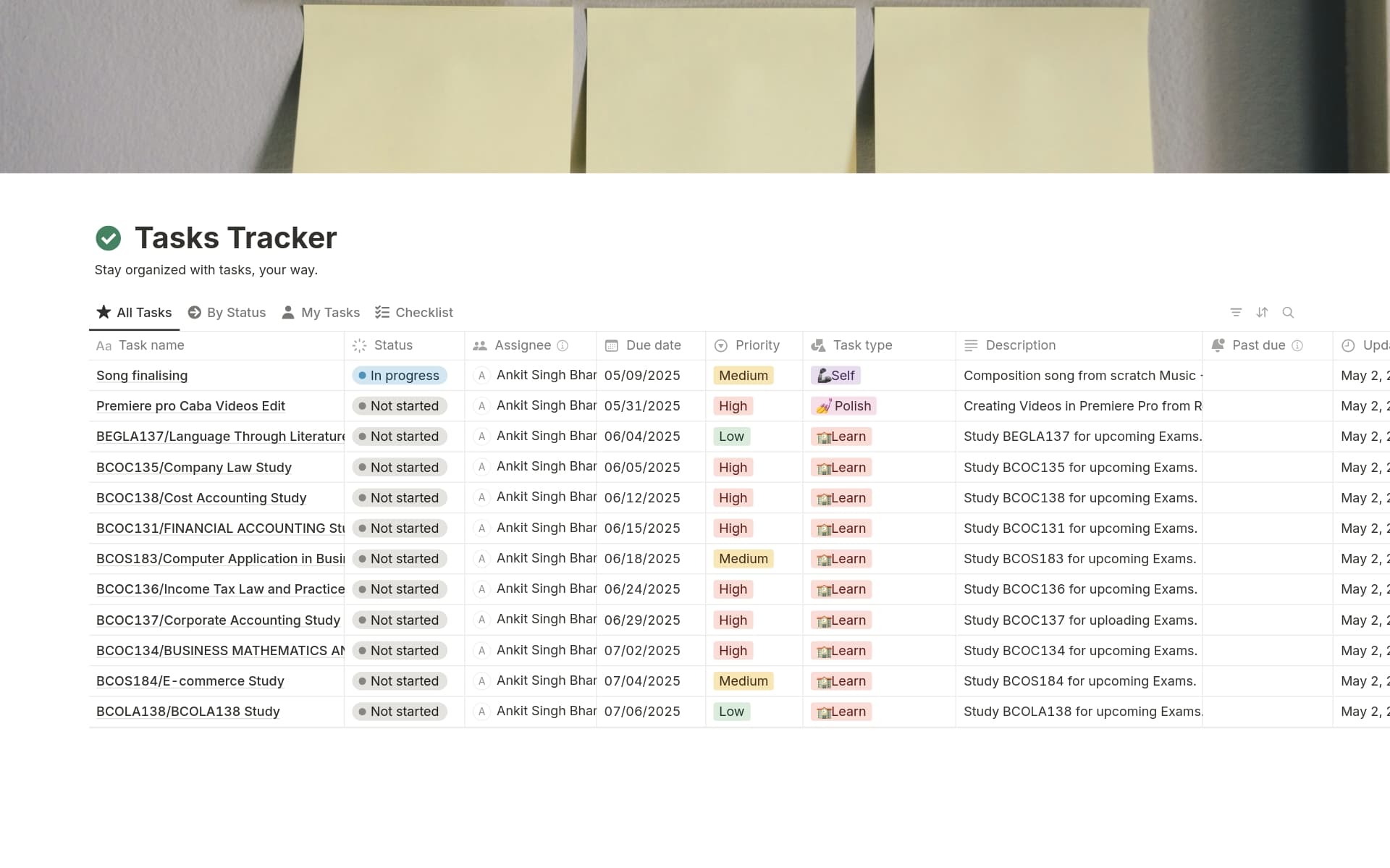Customer discovery is a key process for Business Development Managers as it enables them to understand their target market, identify customer needs, and validate their business ideas. A Customer Discovery Notion template simplifies this process by providing an organized framework for gathering and analyzing customer feedback, thereby making it more efficient and systematic.
Before creating your own Customer Discovery template, it is advisable to explore the examples below to facilitate a more streamlined approach to your customer discovery process.
What Should Customer Discovery Templates Include?
Choosing the right customer discovery template can significantly streamline your business development efforts. Here are key components to look for in an effective template:
Customer Segmentation - This component helps in identifying and categorizing different customer groups based on specific criteria, which is crucial for tailored communication strategies.
Problem Identification - A good template should facilitate the pinpointing of specific problems faced by potential customers, aiding in developing solutions that truly meet their needs.
Value Proposition - Look for templates that clearly define how your product or service solves customer problems or improves their situation, highlighting the unique value.
Feedback Mechanisms - Ensure the template includes methods for collecting customer feedback, which is essential for iterative development and customer satisfaction.
Ultimately, the best template empowers you to understand your market deeply, ensuring your business strategies are as effective as possible.
What Should Customer Discovery Templates Avoid?
Choosing the right customer discovery template is crucial for effective business development. However, certain features can hinder rather than help. Here are three key components to steer clear of:
Overly Complex Questions: Avoid templates that include questions which are too intricate or technical. These can confuse respondents and may lead to unreliable data.
Non-Scalable Formats: Steer clear of templates that are not easily adjustable. A good template should grow with your project and be flexible to changes.
Generic Content: Avoid templates that are too vague and not tailored to your specific industry or target audience. Specificity drives better insights.
Remember, the goal is to gain deep insights efficiently, so choosing a template that is clear, adaptable, and specific to your needs is paramount.




